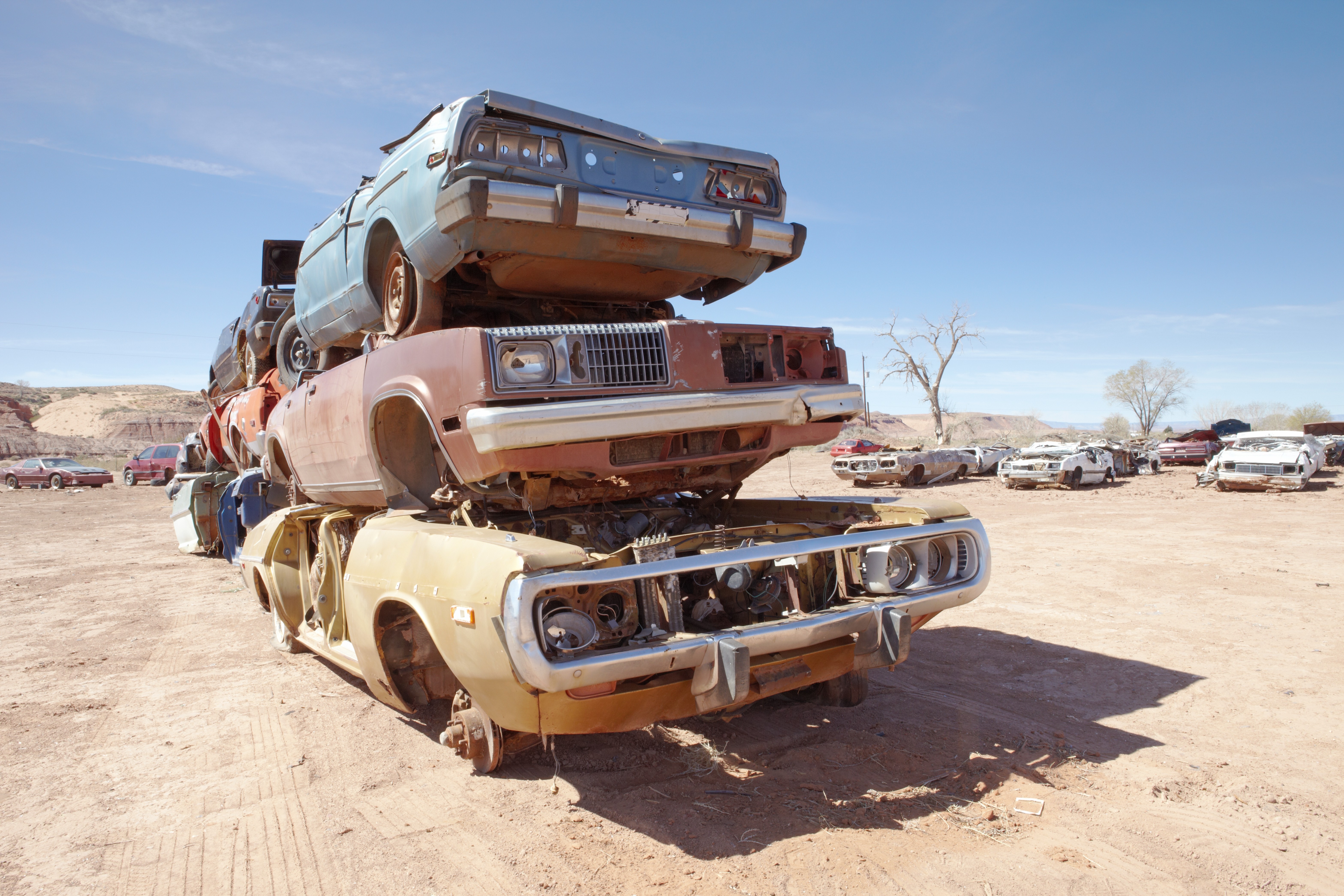 Patrick Vlaskovits, co-author of Hustle and The Lean Entrepreneur, used a great phrase in this week’s Extraordinary Business Book Club episode which was a new one on me, although I knew just what he meant. (Patrick specializes in this, to be honest – providing just the right phrase for concepts without a name. We talked a bit about that too.)
Patrick Vlaskovits, co-author of Hustle and The Lean Entrepreneur, used a great phrase in this week’s Extraordinary Business Book Club episode which was a new one on me, although I knew just what he meant. (Patrick specializes in this, to be honest – providing just the right phrase for concepts without a name. We talked a bit about that too.)
In film-making, the ‘bone yard’ is where non-essential scenes end up. Not quite deleted, but not quite in the finished film either. In investing, a bone yard is where assets end up once they’ve been stripped of all the usable stuff. It’s where stuff goes to die, basically, but you can pick the meat off it while it’s there.
Patrick and his co-writer Jonas Koffler created a bone yard for bits of writing that one person didn’t like but the other couldn’t quite bear to lose.
“We had this long, long scrap file, literally 10,000 words. I went in there and I carved it up by section. I said, “Okay, here’s where we talked about this. Here’s where we talked about this,” and I made I think about 20 little 500-word little pieces, like little seeds, and then we actually went back to the bone yard and looked, “Hey, does this fit somewhere?” Actually quite a few times, we actually went, “Oh, shit. This actually fits right here.” “This is a great segue for here,” or, “This bolsters this idea here.” Sometimes we couldn’t make it fit so we just scrapped it. So we actually had spat out and processed a lot of stuff and a lot of ideas and then we went back and fit it in … It was clear our subconscious had thought that… this thing had to be expressed, but the other puzzle pieces hadn’t come out yet.”
At first I thought this was a form of intellectual recycling, and no shame in that. But as I’ve thought more about it I think Patrick’s absolutely right to describe those small sections as ‘seeds’: there’s something organic about the way an idea grows, grafts onto others, changes and develops.
So kill your darlings if they’re not working quite right, but don’t throw them out completely. Leave them in the bone yard and come back to them with new eyes and a clearer sense of the bigger picture when you’re ready. They might have rotten, or they might have grown into something unexpectedly useful.
